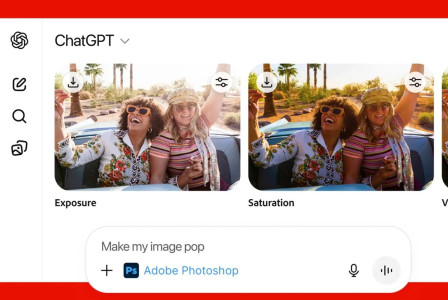SEARCH
How we can reduce our digital waste

SHARE IT
Earth Day serves as a reminder of our responsibility to protect the environment. While traditional approaches such as reducing plastic consumption are well known, there are less obvious methods that also have a significant impact. One such method is minimizing our personal digital waste. While it may not be as tangible as plastic in the ocean, digital waste can have real consequences for energy consumption and environmental health. To help reduce our digital footprint, Kaspersky suggests adopting a few simple practices.
Personal digital waste increases through actions that many of us engage in every day when using the internet. Every email, photo, video and document we store online requires energy-intensive data centers to store and manage this information. Digital activities such as high-definition streaming and the use of cloud services also increase our carbon footprint due to data processing and constant energy consumption. In addition, the accumulation of "digital clutter" such as old emails, duplicate files and unused applications further contributes to energy use as these systems are constantly managed and back up unnecessary or obsolete data.
Recognising and minimising these behaviours can significantly reduce our personal digital waste. Kaspersky experts share some hacks for a more eco-friendly digital experience:
Effective digital waste management can be enhanced by optimizing email usage
Unsubscribing from unnecessary newsletters and promotional emails reduces the flow of digital waste and also reduces the load on servers. Regularly clearing out old or irrelevant emails and emptying the email waste bin can free up significant amounts of server space. These actions help reduce the energy required for data management and reduce digital waste overall.
Choosing lower quality settings reduces the digital footprint
Reducing the quality of settings on streaming sites, especially when high definition is not necessary, can significantly reduce data usage and energy consumption. This practice is particularly useful when listening to background audio or watching content on smaller screens, where improved resolution offers little benefit.
Regularly checking storage makes a difference
Minimising digital waste is effectively achieved by regularly reviewing and deleting old or redundant files from cloud services. It is also helpful to avoid duplicating files across multiple devices or platforms. In addition, consolidating digital assets, such as photos and videos, and removing duplicates enhances the efficiency of digital asset usage. However, the best option for document storage is security solutions, as they provide encrypted vaults for personal information.
Application management increases energy efficiency and security
Uninstalling applications and software that are rarely used can significantly reduce the amount of stored data and resources required for maintenance. Disabling auto-start settings for applications that do not require continuous operation also reduces background data transfer and energy consumption.
In addition, modern security solutions enable better control of data collected by applications, such as location or search history. The use of these security measures minimizes the amount of data processed while enhancing the security of the online experience.
MORE NEWS FOR YOU

 Help & Support
Help & Support 

